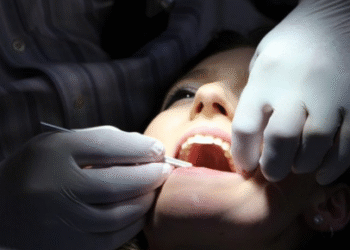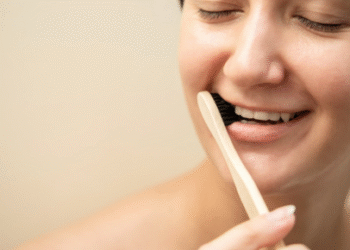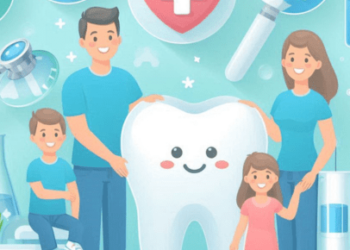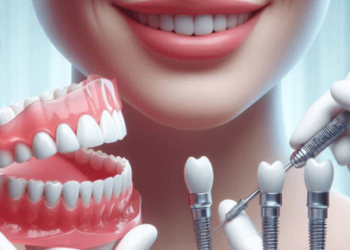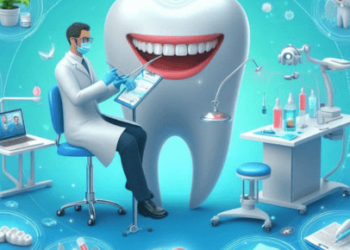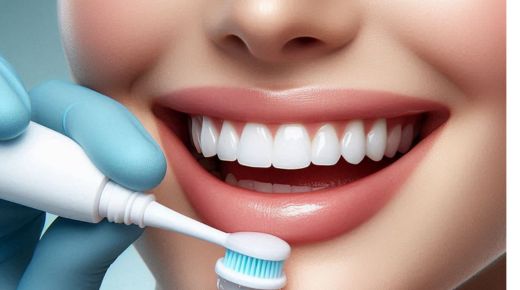
A lot of people want their teeth to be white and bright. What if your teeth hurt, though? Is it still possible to whiten your teeth?
It is important to know the truth about teeth sensitivity and teeth whitening. A dentist in Pacific Beach, San Diego, a dentist can help you get a better smile without hurting your teeth.
What causes sensitive teeth?
The hard outside of your teeth is called enamel. It keeps the dentin, which is the inner part of your teeth, safe. There are tiny tubes in the dentin that connect to the nerves in your teeth.
These tubes show through when the enamel wears away. When you eat or drink something hot, cold, sweet, or sour, this could hurt or make you feel bad.
Tooth enamel can wear away for a number of reasons, including:
- Using too much pressure while brushing
- Using a toothbrush with hard bristles and toothpaste with rough ingredients
- Consuming or eating sour drinks and foods
- Wearing down your teeth
The truth about teeth whitening and sensitivity.
Whitening toothpastes and gels whiten the dentin layer of your teeth. This can sometimes make your teeth sensitive by irritating the nerves in them.
Before you whiten your teeth, here are some things you should know:
- Not everyone gets sensitive teeth after getting their teeth whitened.
- Most of the time, sensitivity is short-term and goes away in a few days.
- People with sensitive teeth can use teeth-whitening items that are made just for them.
- Using a desensitizing toothpaste before and after bleaching can help make your teeth less sensitive.
Teeth whitening options for sensitive teeth.
Getting whiter teeth can be hard on sensitive teeth, but here are some options to think about:
- Professional whitening in the office.
This method of teeth whitening works the best. A dentist will put a special light on your teeth and then apply a gel that whitens teeth. This method of teeth whitening costs more than kits you can use at home, but it is less likely to make your teeth sensitive.
- Whitening kits for home use.
Over-the-counter stores sell a lot of different kits for whitening your teeth at home. Most of the time, these kits come with whitening cream or strips that you can use at home. Although at-home whitening kits are cheaper than going to the dentist, they do not work as well.
- Toothpaste that whitens.
Whitening toothpaste has chemicals and gentle abrasives that can help get rid of surface spots on your teeth. Whitening toothpaste is not as good as other ways to whiten teeth, but it is good for people who are not too sensitive.
Tips for managing teeth sensitivity during teeth whitening.
There are a few things you can do if you feel sensitive while your teeth are being whitened:
- Use a desensitizing toothpaste.
- Stay away from foods and drinks that are hot, cold, sweet, or sour.
- Take painkillers that you can buy without a prescription, like ibuprofen.
- Do not whiten your teeth for a few days.
Whitening your teeth is a safe and effective way to make your smile look better. So, you should know that it might be sensitive, especially if you already have sensitive teeth.
Talk to your doctor if you are worried about teeth cleaning and pain. They can help you figure out which teeth-whitening method will work best for you and give you advice on how to deal with pain.
It is important to talk to your doctor before you decide to whiten your teeth. If it is safe for you, they can help you decide and tell you what the best choice is for your oral health.
Also, keep in mind that teeth whitening can make your teeth look better, but it will not fix any of the problems that are causing them. Check-ups and cleanings at the dentist are still necessary to keep your teeth and gums healthy.

